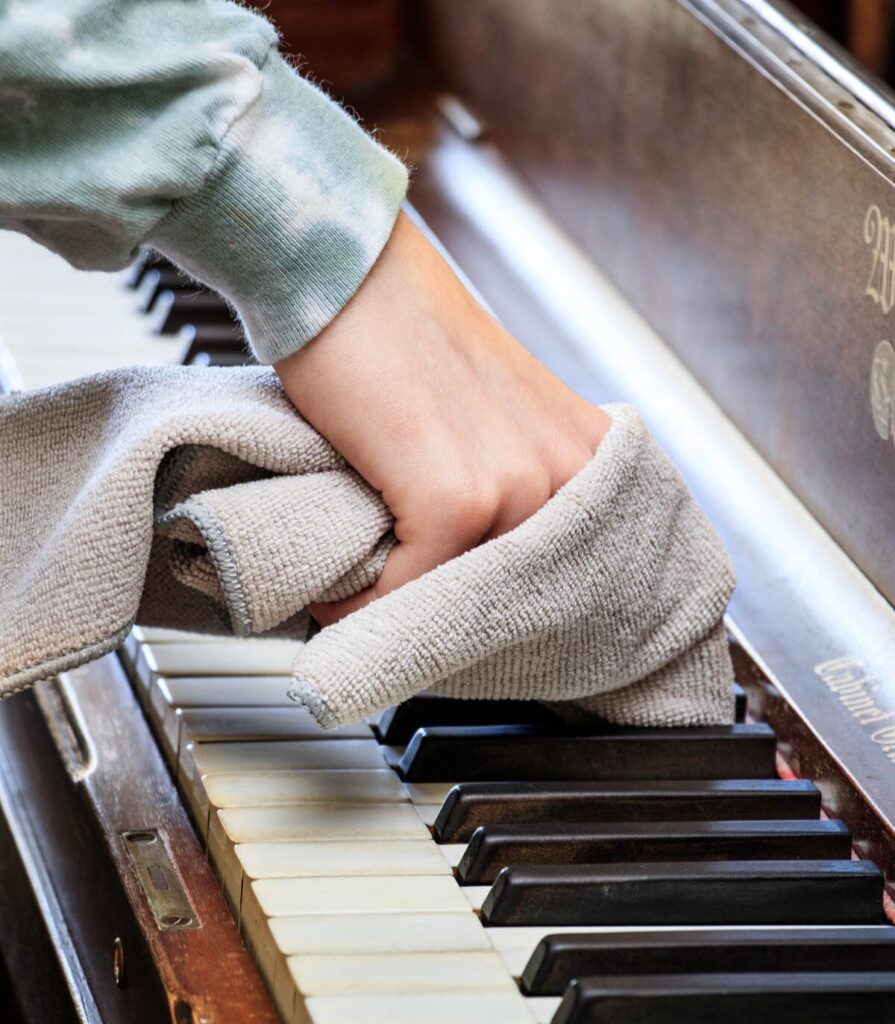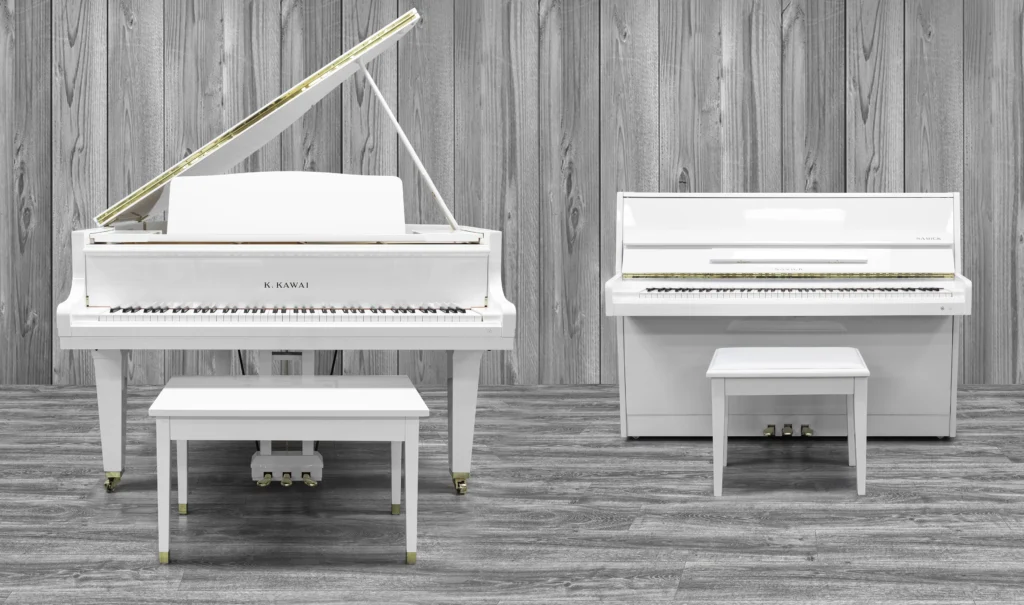In the vast universe of musical instruments, the piano stands out as one of the most versatile and widely loved. Its melodic tones and harmonious chords have the power to evoke a wide range of emotions, from profound sadness to boundless joy. Beyond just its auditory appeal, playing and listening to the piano can have significant benefits for mental well-being. Let’s explore the therapeutic aspects of this classic instrument.
Stress Reduction and Relaxation
The gentle melodies of the piano can have a calming effect on the mind and body. This is because playing or listening to the piano can help to lower cortisol levels, the stress hormone. In addition, the repetitive motion of playing the piano and the concentration required to read sheet music can help to take your mind off of worries and focus on the present moment.
Boosting Cognitive Abilities
Playing the piano is a complex activity that requires coordination between the hands, eyes, and ears. It also involves reading sheet music, understanding rhythm, and interpreting the nuances of a piece. This complex multitasking can help to improve memory, hand-eye coordination, and concentration.
Studies have shown that playing the piano can also have a positive impact on cognitive development in children. For example, one study found that children who took piano lessons for three years performed better on tests of verbal and nonverbal intelligence than children who did not take piano lessons.
Emotional Expression and Processing
Music has a unique ability to evoke and express emotions. Playing the piano can be a therapeutic outlet for those who are struggling to cope with difficult emotions or who simply want to find a creative way to express themselves.
When you play the piano, you are able to choose pieces that resonate with you on an emotional level. As you play, you can allow yourself to feel the emotions that the music evokes. This can be a powerful way to process and understand your emotions.
Building Self-Esteem
Learning to play the piano takes time and effort, but it is a rewarding experience. When you master a new piece of music, it can give you a boost of confidence and self-esteem.
In addition, playing the piano can help you to develop a sense of accomplishment. As you learn and grow as a pianist, you can see the fruits of your labor. This can be a powerful motivator and can help you to feel good about yourself.
Social Connection
Playing the piano can be a social activity. You can join a group piano class, play duets with a friend, or perform in front of an audience. These interactions can help you to make new friends and connect with other people who share your love of music.
Social connection is important for mental health. It can help to reduce feelings of isolation and loneliness. It can also provide you with support and encouragement.
Mindfulness and Presence
Playing the piano requires a high level of concentration. You need to focus on reading the sheet music, playing the correct notes, and maintaining a steady rhythm. This focus can help you to be more mindful and present in the moment.
Mindfulness is a practice of paying attention to the present moment without judgment. It has been shown to be effective in reducing stress and anxiety, improving mood, and boosting overall well-being.
The Comfort of Familiarity
For many people, listening to familiar piano tunes can evoke feelings of nostalgia, safety, and comfort. This is because music can be associated with positive memories and experiences.
When you listen to a familiar piano tune, it can transport you back to a time when you felt happy and content. This can be a comforting and uplifting experience.
Conclusion
The piano is a powerful tool for mental well-being. It can help to reduce stress, boost cognitive abilities, facilitate emotional expression and processing, build self-esteem, promote social connection, encourage mindfulness and presence, and provide comfort.
If you are looking for a way to improve your mental health, consider incorporating the piano into your life. Whether you choose to play the piano yourself or simply enjoy listening to it, the piano can offer a range of therapeutic benefits.
Visit the Hamilton Piano Blog for more blog posts.



